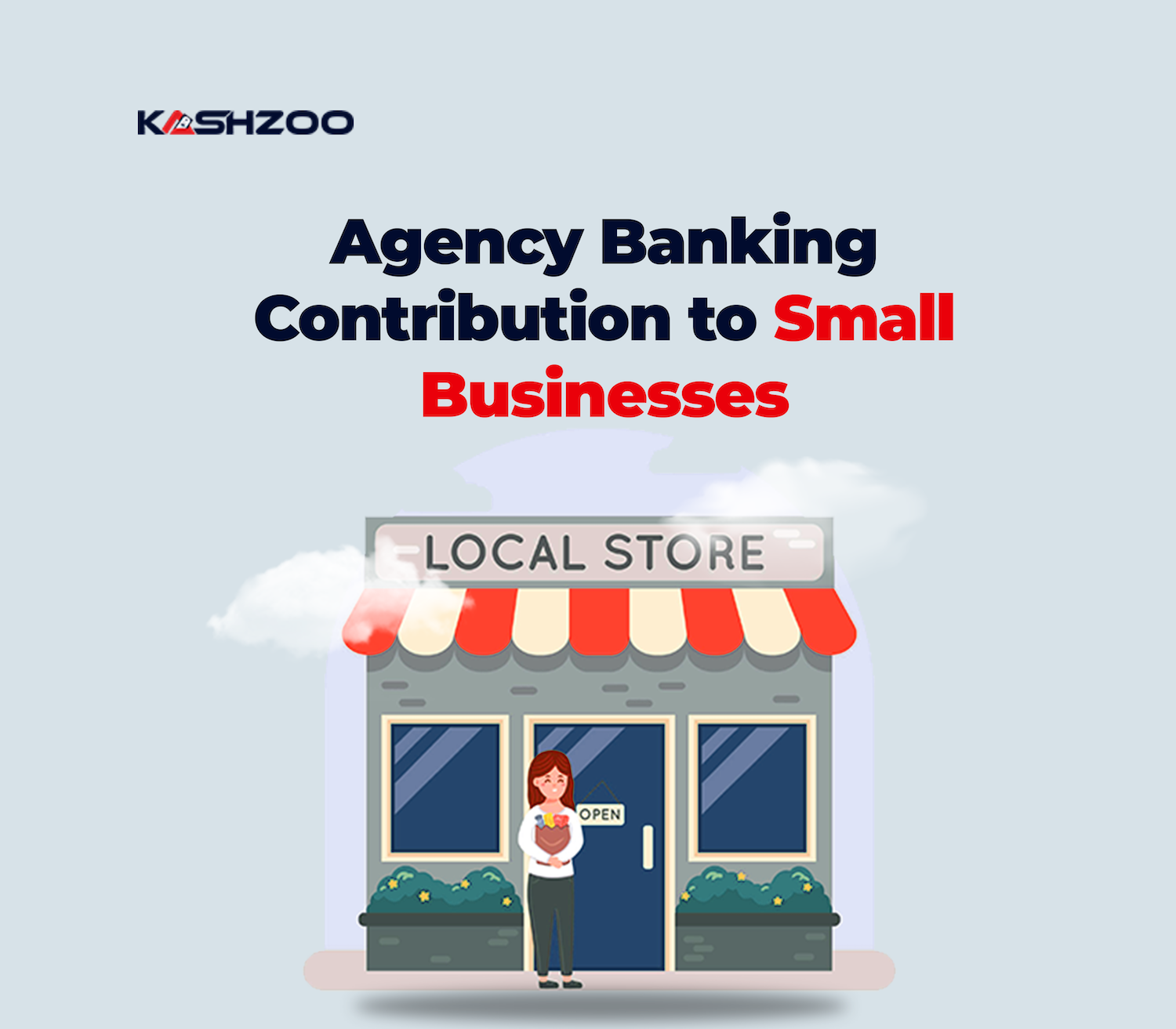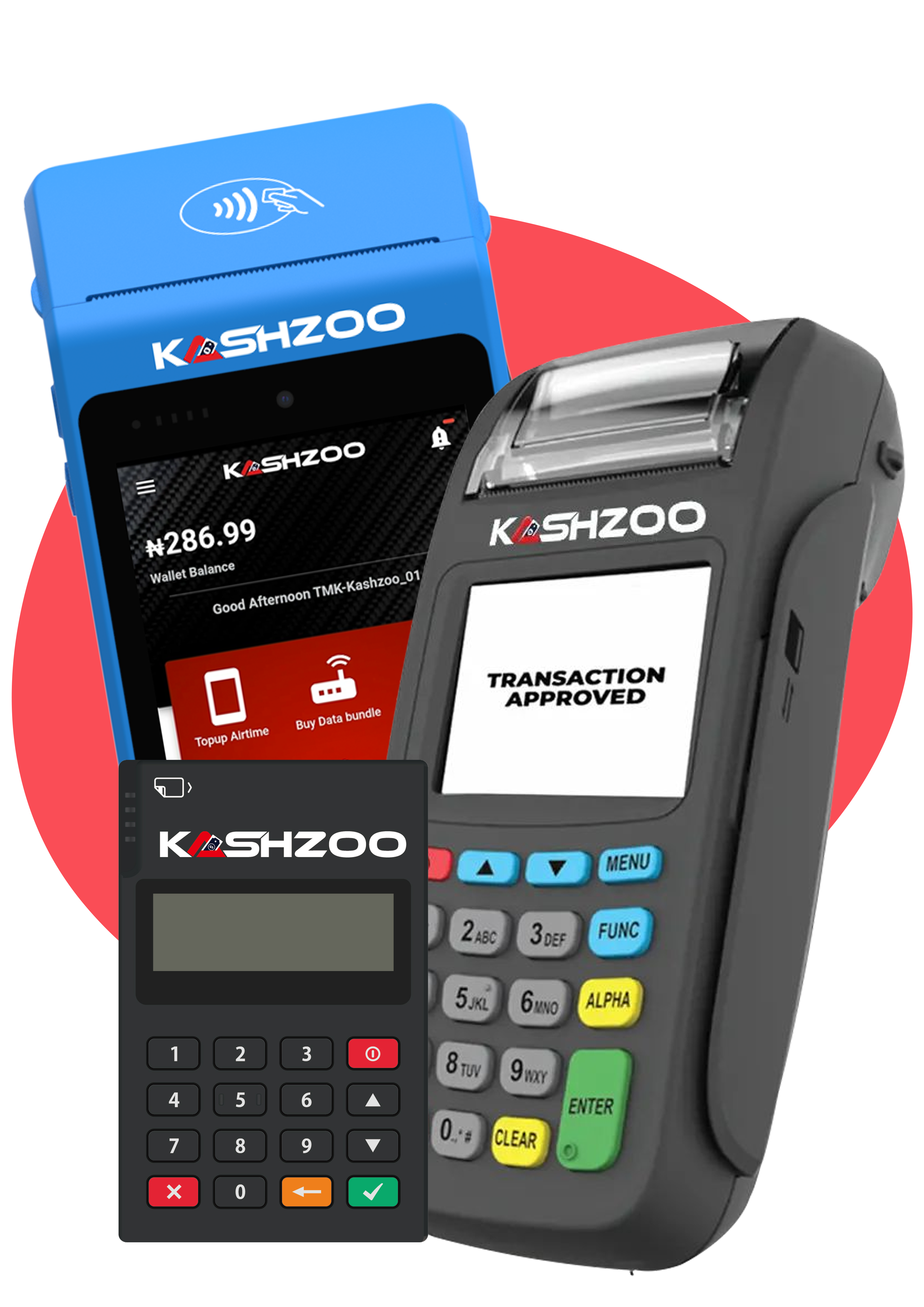Big and multinational companies may always be in the news headlines ahead of small businesses, but small businesses contribute 48% to the country’s GDP. Also, over 96% of businesses are small businesses, and they provide 84% of employment. Given these statistics on small businesses, it will only be right to highlight agency banking’s contribution to their growth.
What is agency banking?
Agency banking involves using third-party agents to provide banking services to unbanked people, especially in rural areas with no banking infrastructure on behalf of financial institutions. It has contributed tremendously to the growth and sustainability of small businesses.
Below are key contributions of agency banking to small businesses:
- Increased Access to Financial Services: Agency banking takes financial services to underserved and rural areas where traditional bank branches are scarce. Small businesses in these regions gain access to essential banking services such as deposits, withdrawals, and transfers, which are crucial for their operations.
- Enhanced Convenience: With agents often located within local communities, small business owners can access banking services without travelling long distances. This convenience saves time and money, allowing entrepreneurs to focus more on their business activities.
- Improved Cash Flow Management: Agency banking facilitates easier cash flow management for small businesses. Business owners can deposit their daily earnings at nearby agent locations, reducing the risks of holding large amounts of cash and ensuring that funds are available for operational needs and investments.
- Access to Credit: Many agency banking networks offer additional services, including microloans and credit facilities. Small businesses can benefit from these financial products, getting the funding needed for growth, purchasing inventory, or covering short-term operational costs.
- Lower Transaction Costs: Agency banking often has lower transaction fees than traditional banking services, and the cost-effectiveness is beneficial for small businesses operating on tight margins, enabling them to maximise their resources.
- Financial Inclusion: Agency banking encourages financial inclusion by bringing banking services closer to small businesses. This inclusion helps businesses build credit histories and formalise their operations, making them more attractive to lenders and investors.
- Technological Integration: Agency banking often leverages mobile and digital technologies, helping small businesses to adopt and integrate digital financial solutions. This technological advancement can lead to more efficient business operations and new growth opportunities.
- Enhanced Financial Literacy: Agents often provide financial education as part of their services, helping small business owners understand and effectively use financial products. Financial education can lead to better financial management and decision-making.
Our Take
Agency banking plays a critical role in helping small businesses, which is why fintech companies like Kashzoo and others keep offering financial services that are easily accessible, practical, and affordable. It improves cash flow management, makes credit more accessible, fosters financial inclusion, and speeds up the uptake of digital technology. In underrepresented neighbourhoods, agency banking promotes economic growth and sustainability by bringing banking services closer to small company owners.




What do you think?
It is nice to know your opinion. Leave a comment.